CERN's New Particle Accelerator Promises Window on Big Bang
Published:
25 July 2004 y., Sunday
Scientists probing something as big as the origins of the universe sometimes need equipment to match. At the European nuclear research center CERN in Geneva, they're building the most powerful particle accelerator ever. The Large Hadron Collider, as it's called, is expected be able to recreate the conditions that existed at the time of the Big Bang, when the universe was born. Scientists say they hope the new tool will help them unravel the mysteries of matter and energy, and confirm or demolish existing theories.
Contrary to what its name implies, the Big Bang was not necessarily an explosion. Scientists consider the Big Bang to be more of a marker to note that the universe had a beginning. It is the moment in which the universe, space and time were created. CERN Physicist Richard Jacobsson says scientists do not know why or how the Big Bang occurred. But big particle accelerators such as the Large Hadron Collider help them to understand the process.
When the Large Hadron Collider (LHC) is completed in 2007, the superconducting magnets in the machine will operate at 271 degrees, just above absolute zero. However, Mr. Jacobsson says that the temperature created in the proton-proton collisions will be one billion times hotter than at the center of the sun.
Some 6,500 scientists from more than 80 countries currently collaborate on hundreds of ongoing experiments at CERN. The world's biggest particle physics laboratory is celebrating its 50th anniversary this year.
Šaltinis:
voanews.com
Copying, publishing, announcing any information from the News.lt portal without written permission of News.lt editorial office is prohibited.
The most popular articles

The European Commission announced today the award of three of the six contracts for the procurement of Galileo’s initial operational capability.
more »
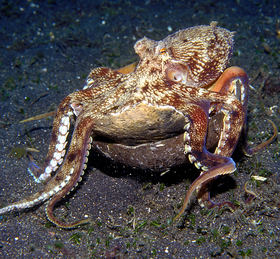 Is the octopus even smarter than first thought? According to researchers in Australia, the answer is a certain yes.
more »
Is the octopus even smarter than first thought? According to researchers in Australia, the answer is a certain yes.
more »
 How do we find the right balance between the protection of animal rights and research needs?
more »
How do we find the right balance between the protection of animal rights and research needs?
more »
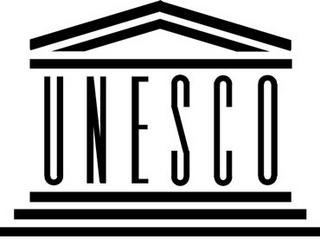 Representative of Lithuania, Rector of Klaipėda University, Professor Vladas Žulkus was chosen as member of the Scientific and Technical Advisory Body to the Convention on the Protection of the Underwater Cultural Heritage.
more »
Representative of Lithuania, Rector of Klaipėda University, Professor Vladas Žulkus was chosen as member of the Scientific and Technical Advisory Body to the Convention on the Protection of the Underwater Cultural Heritage.
more »
 Education targets - EU meets one goal but will miss deadline for others.
more »
Education targets - EU meets one goal but will miss deadline for others.
more »
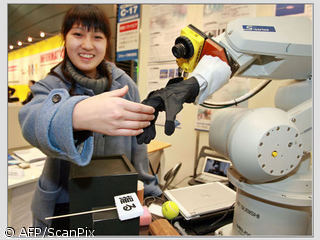 Japan, home to nearly half the world's industrial robots and eyeing a multi-billion industry, is hosting the International Robot Exhibition 2009 in Tokyo.
more »
Japan, home to nearly half the world's industrial robots and eyeing a multi-billion industry, is hosting the International Robot Exhibition 2009 in Tokyo.
more »
 Despite a general improvement in education and training performance in the EU, progress is too slow, which means that the majority of the reform targets set for 2010 will not be reached.
more »
Despite a general improvement in education and training performance in the EU, progress is too slow, which means that the majority of the reform targets set for 2010 will not be reached.
more »
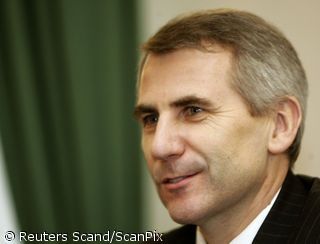 On 24 November, Lithuania’s Minister of Foreign Affairs Vygaudas Ušackas met with the students and teachers of the European Humanities University (EHU) and told them about the decisions that were made during the meeting of the European Union foreign ministers on 16-17 November in Brussels.
more »
On 24 November, Lithuania’s Minister of Foreign Affairs Vygaudas Ušackas met with the students and teachers of the European Humanities University (EHU) and told them about the decisions that were made during the meeting of the European Union foreign ministers on 16-17 November in Brussels.
more »
 Pupils from 45 UK schools took on their European counterparts in the third "Juvenes Translatores" translation contest on Tuesday 24 November.
more »
Pupils from 45 UK schools took on their European counterparts in the third "Juvenes Translatores" translation contest on Tuesday 24 November.
more »
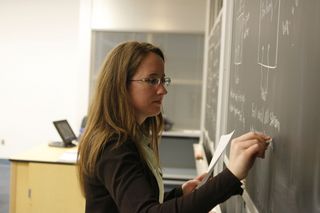 The OECD and the European Commission today present their new report on the “ Teachers’ Professional Development: Europe in international comparison".
more »
The OECD and the European Commission today present their new report on the “ Teachers’ Professional Development: Europe in international comparison".
more »
 Two EU companies among world’s largest investors in R&D.
more »
Two EU companies among world’s largest investors in R&D.
more »